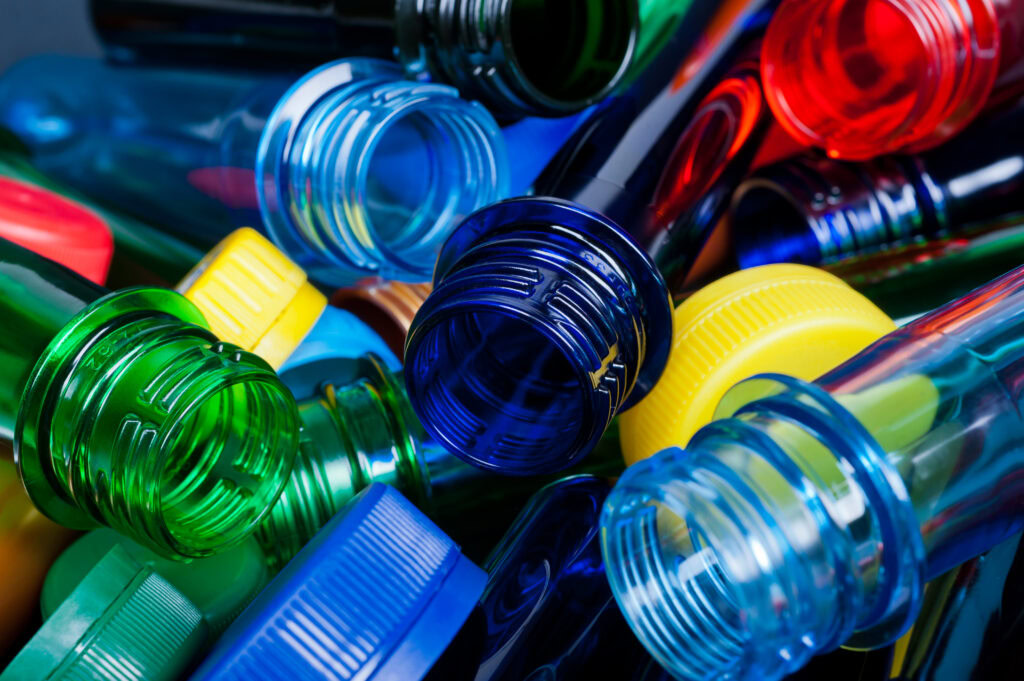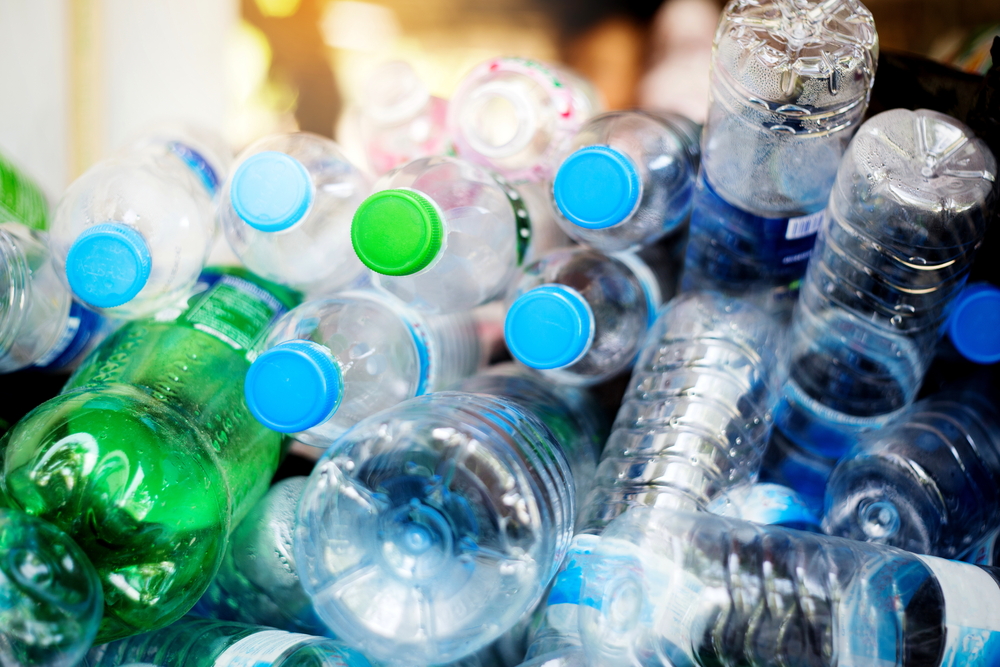Although precise details of the Waste and Resources Action Programme's plans have not been released, letsrecycle.com has learnt that WRAP's preferred option to increase the collection of plastic bottles in the UK is by part-funding up to three automated plastic bottle sorting plants. This could see WRAP double the amount of bottles that are currently recycled.
WRAP's initiative is likely to see partnership agreements between different recyclers which will enable councils to send mixed waste plastics to the plants. The plastic bottles will then be separated using automatic sorting equipment and the component plastics will be used by different plastics recyclers and reprocessed into new products.
But although the shortage of plastic bottles has been a problem for the sector and has increased the cost of plastic bottle recycling by reducing the efficiency of plants because they are running below capacity, WRAP's plans have received a variety of responses.
While there are two existing automated sorting plants, future plants will user faster sorting equipment and three high-tech plants are currently being commissioned or are under construction. These include a Shanks plant in Milton Keynes, a Cleanaway plant for its new Rainham MRF and an automated sorting plant for Midland Glass. And industry sources predict that without WRAP's additional funding there could be seven plants up-and-running in the UK or commissioned by the end of next year.
Four months
WRAP is thought to have looked at a number of automated plastic bottle sorting systems including the Swiss plant Ziswiler AG A-Z Recycling which uses three MSS binary units for sorting post consumer plastic bottles for recycling. WRAP is hoping to get the automated sorting plants working as soon as possible and once equipment has been ordered it could only take four months to get the machines up and running. Although none of the plants which are under construction have received direct funding from WRAP they could get additional financing from the organisation for future work.
Some recyclers are very positive about WRAP's work and see it as a way of helping to reduce the current plastic bottle shortage. Derrick Clark, of Delleve, was pleased with WRAP's proposals and said: “Markets are going to change dramatically over the next 12 months. A lot is going to happen to encourage recycling.”
But others in the industry have expressed caution. Stuart Kershaw, plant manager for Reprise, said that while he welcomed the organisation's work he said that it must not be a short-term fix. “There is instability in the plastic bottle market and WRAP's work needs to reduce the effects of this.”
Criticism has also been raised by both waste management companies and recyclers over the fact that they think that WRAP's work is insufficient to increase the collection of used plastic bottles in the UK. Harry Jenkins, chairman of Roydon Holdings, said he thought WRAP was confusing the market: “I don't think that they know what they are talking about. They think that collecting empty bottles is the only way forward. They feel that all they need to do is build a plant and then they are hoping that councils are going to provide them with the bottles.”
Continued on page 2










Subscribe for free